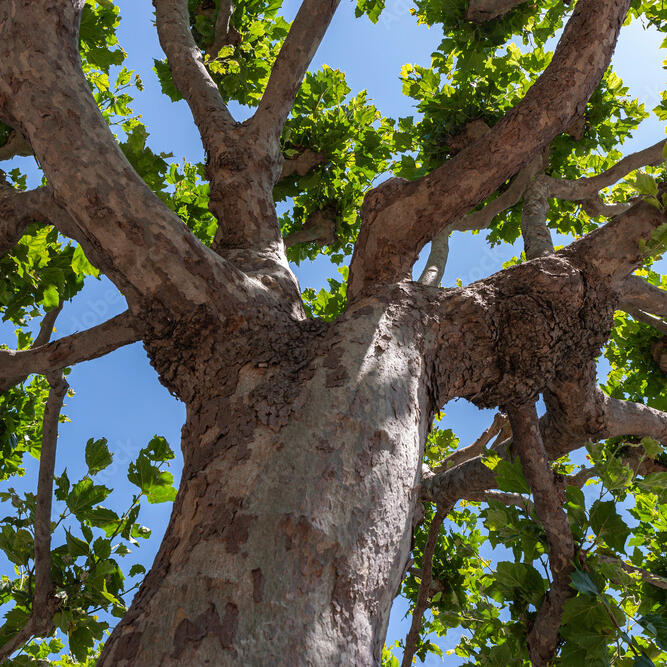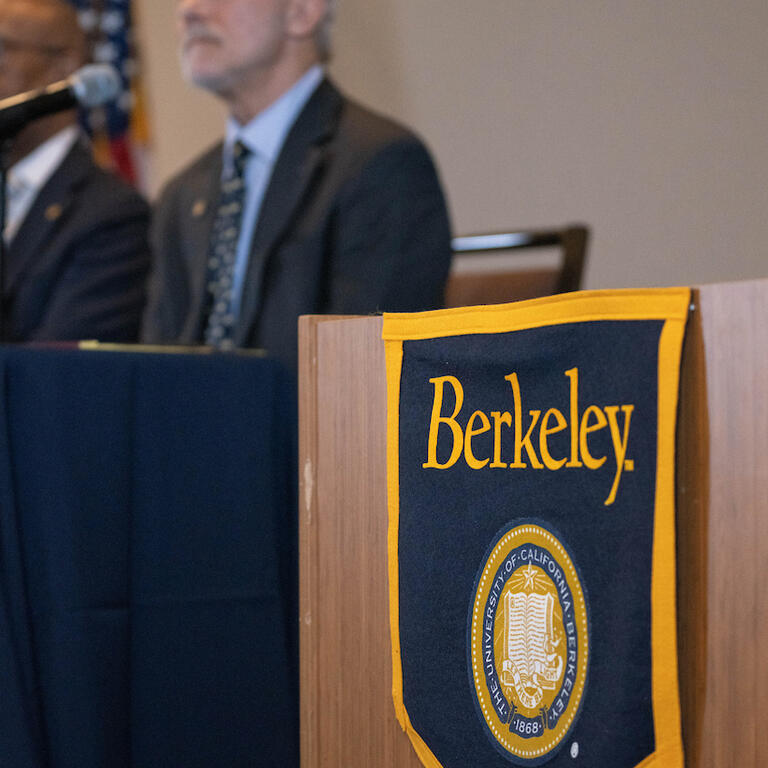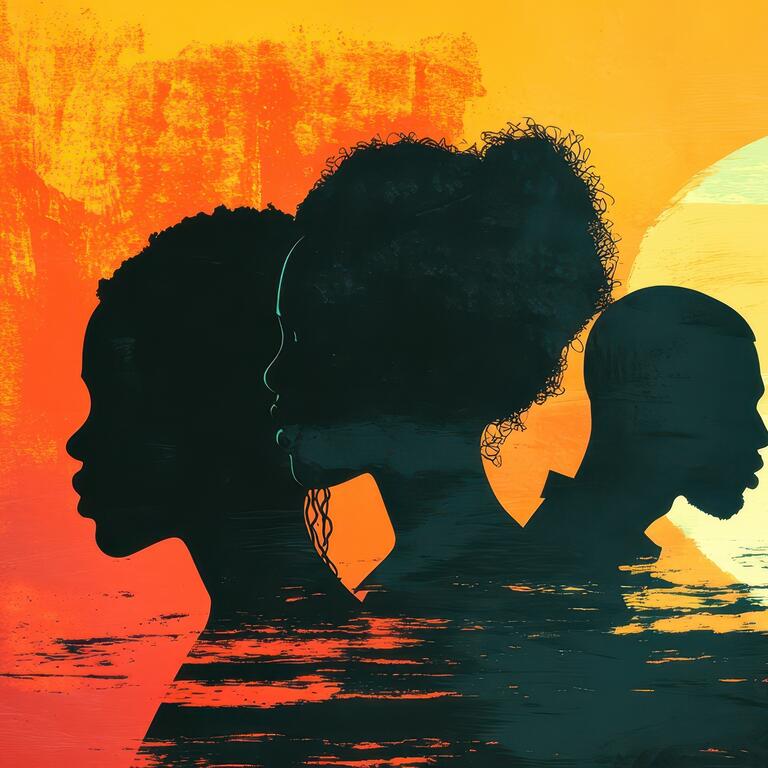Welcome to the CABSC!
The California Black Studies Curriculum (CABSC), under the direction of Dr. Travis J. Bristol and Dr. Tolani Britton, focuses on developing a California-centric Black studies curriculum based on the exhaustive research of the California state's first-in-the-nation reparations task force and is working towards piloting California's Black Studies Curriculum.
The California Reparations Task Force was authorized under AB 3121 and first met in June 2021. The CABSC seeks to support educators, researchers, and students in co-developing a cohesive and modular curriculum that advances the aims of the 2023 Task Force report.
The CABSC is a collaborative effort. Educators and students are encouraged to provide feedback for future iterations while ensuring their contributions align with the spirit and criteria of the CABSC.
In time, all contributions, taken together, will assist the curriculum development team, which is tasked with creating modular lesson series across the spectrum of academic disciplines and will constitute California's first Black Studies Curriculum.
Overview
In Spring 2023, Drs. Travis Bristol and Tolani Britton convened a working group to explore the development of a K–12 Black Studies curriculum aligned with the California Reparations Task Force’s recommendation to adopt a curriculum that “fully represents contributions of Black people in society” (CARR, p. 686). With funding awarded by the U.S. Department of Justice, a subset of the original group refined the scope of the project, guided by core principles that grounded the work.
Scope and Sequence
The curriculum is being developed over a three-year period. In Year 1, the project team established an Advisory Board, recruited teacher and student participants, developed and audited preliminary modules, and hosted a Summer Institute to deepen educator engagement. The timeline for curriculum design was set from Fall 2023 to Spring 2024, focusing on grades 9–12 and emphasizing the interdisciplinary nature of Black Studies.
In Year 2, the team is conducting a narrative analysis of each module, describing the content, highlighting strengths, and offering recommendations. Eleven existing modules are being revised and updated, and an additional four to nine modules are being commissioned, with the goal of completing 15 to 20 total modules by Spring 2025. A second Summer Institute will be held to pilot modules with local students and build teacher capacity. Concurrently, the research team will submit for IRB approval and begin formal data collection. Advocacy efforts will expand to promote module adoption, engage advisory boards, and share progress through presentations and op-eds.
In Year 3, the focus will shift to piloting the full curriculum with students, teachers, and school districts. Graphic design efforts including developing consistent visual templates and uploading digital assets to the project website will continue, alongside ongoing advocacy and research to evaluate the curriculum’s impact and effectiveness.







